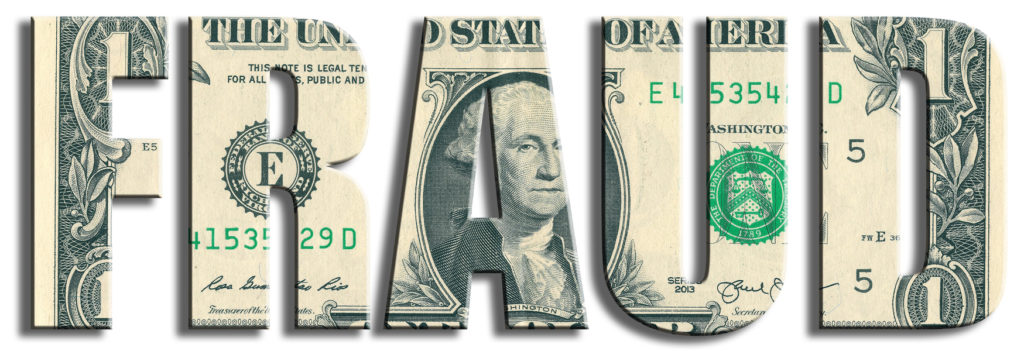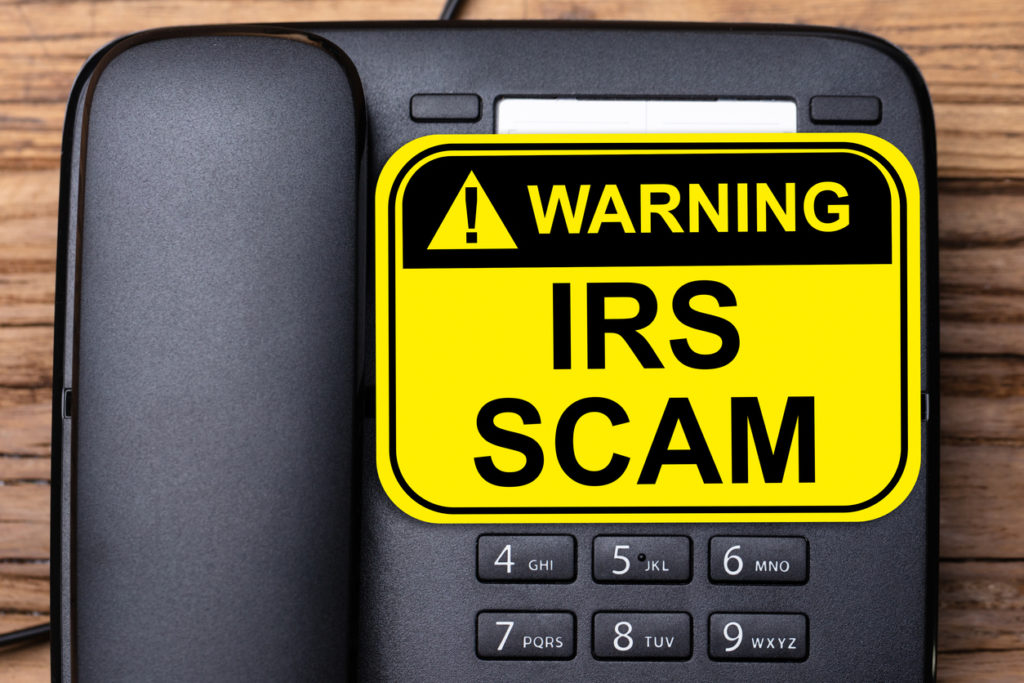Be Aware, Be Skeptical — So Many Scams Aimed at Taxpayers

Taxpayer Beware!
Tax season leaves some Americans rejoicing in their refunds and other grousing about how much they owe. Whatever the case, paying them – whether in one lump sum or throughout the year – it is a civic duty that, while not very popular, is indeed necessary.
Tax season also brings out the bad actors who wait in the wings to prey on the public in an effort to scam hardworking citizens out of their money.
“Tax scams typically ramp up early in the year when taxpayers start filing their returns to the IRS,” states a CNBC story titled “Tax season is in full swing. So are the tax scams.”
Tax season began Feb. 12.
According to the IRS, scams flare up even more during times of crisis, like the Covid pandemic. In the present case, the delayed filing date of May 17th can make the potential for scammers even greater.
Tax scams mostly involve identity theft – con artists stealing someone’s personal information to file false returns with the federal government and collect money that does not belong to them. It happens all the time to unwitting victims.
“More than 89,000 Americans filed a complaint with the Federal Trade Commission last year reporting tax fraud linked to identity theft, according to the consumer agency. Identity theft was the most reported type of fraud in 2020, the FTC said. Criminals often reach out via telephone and e-mail to try ripping off unsuspecting victims. In IRS imposter scams, for example, a con artist may pose as an IRS agent and try to intimidate callers into divulging sensitive information. Phishing scams aim to get data like account information and passwords through bogus websites, texts and emails.”
IRS imposter scams run the gamut, including pretend agents who call and make threats, send emails with attachments and links set up to sabotage recipients, fire off text messages asking about financial information and even make contact via social media. It is all bogus.
“IRS scams involve criminals impersonating IRS agents, other government employees or debt collectors over the phone, online or via the mail in an effort to trick you into sending them money for taxes, penalties or fees you don’t actually owe,” according to a NerdWallet article titled “Latest IRS Scams: How to Spot Them and Fight Back.” “People lose millions of dollars a year due to IRS scams. Don’t be one of them.”
The article explains that, in some cases, “the IRS will call or come to a home or business” but that “taxpayers generally first receive several letters or notices from the IRS in the mail, and taxpayers will only be asked to pay the U.S. Treasury.”
Phishing scams occur not only during tax season but year-round, unfortunately. Potential victims might be caught more off-guard during the summer months as opposed to April, the criminal theory goes. Here is an excerpt from a press release issued by the Internal Revenue Service titled “IRS reminder: Tax scams continue year-round.”
“The IRS (and its authorized private collection agencies) will never:
- Call to demand immediate payment using a specific payment method such as a prepaid debit card, gift card or wire transfer. The IRS does not use these methods for tax payments. Generally, the IRS will first mail a bill to any taxpayer who owes taxes. All tax payments should only be made payable to the U.S. Treasury and checks should never be made payable to third parties.
- Threaten to immediately bring in local police or other law-enforcement groups to have the taxpayer arrested for not paying.
- Demand that taxes be paid without giving the taxpayer the opportunity to question or appeal the amount owed.
- Ask for credit or debit card numbers over the phone.”
The red flags, telltale signs and unusual activity that lead up to tax scams are not difficult to detect. In fact, common sense and conservative judgement is all that is needed to protect against fraud and the possibility of being duped out of hundreds if not thousands of dollars.

Hello, it’s the IRS — won’t happen
“The biggest takeaway here is this: If the IRS needs something from you, you’ll receive a letter in the mail,” CNET reports in a piece titled “Tax scams still pose a risk after you file your taxes. Key details and how to protect yourself.” “You won’t get an email, phone call or text message. Even still, letters can be faked, so it’s best to use only official IRS websites and phone numbers.”
Taxpayers who have experienced imposter scams, phishing scams or any other type of scam should call 800-366-4484.
Share This


